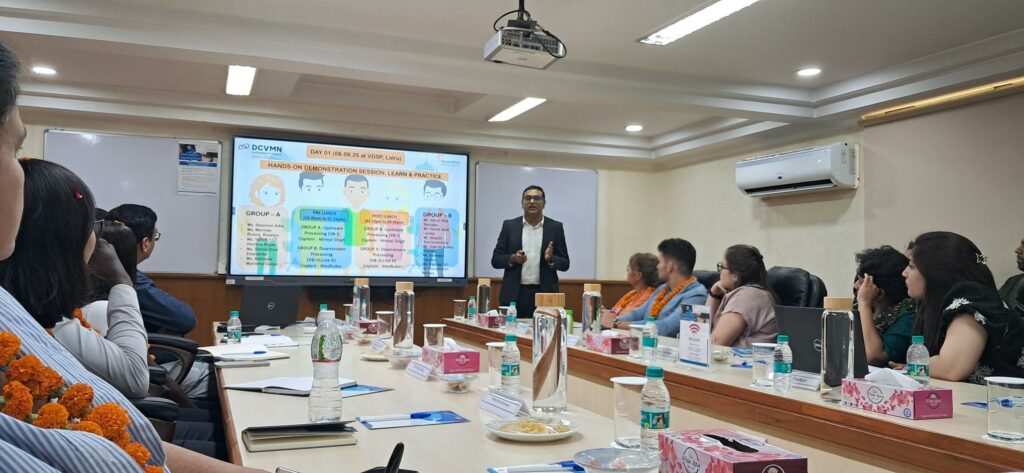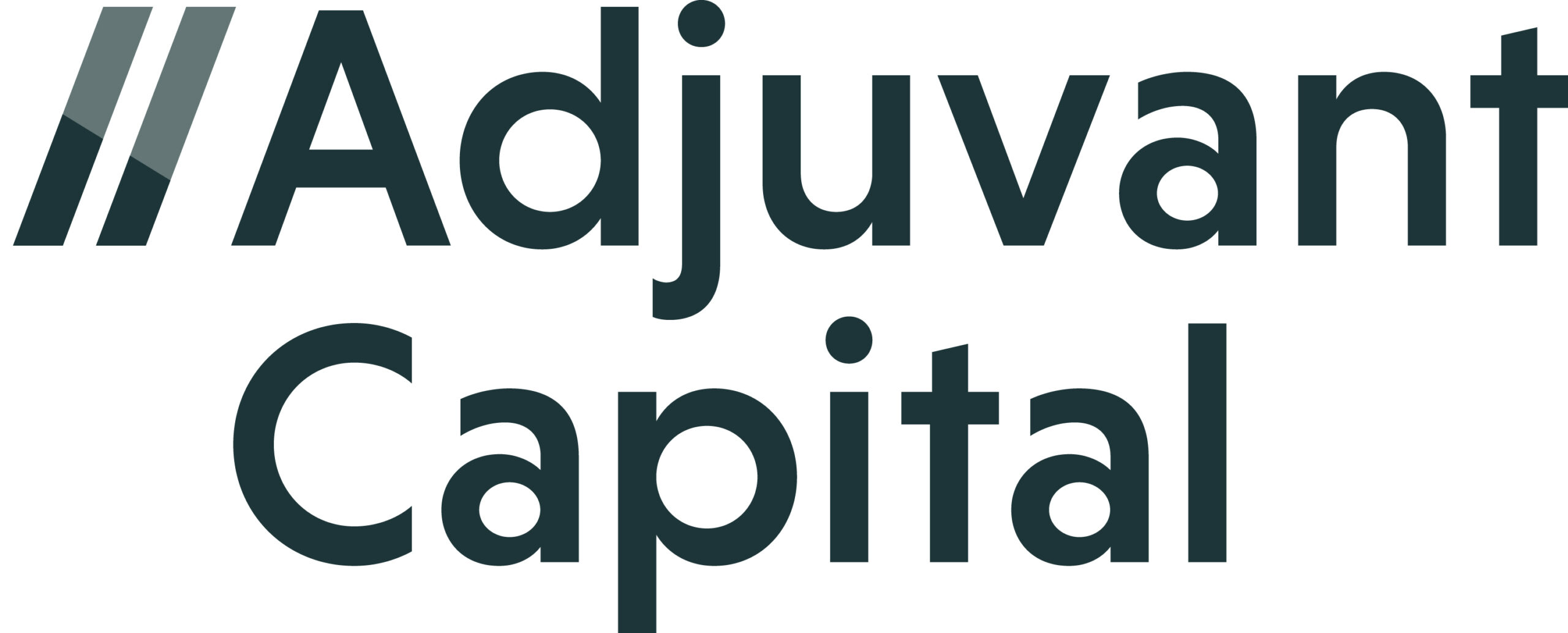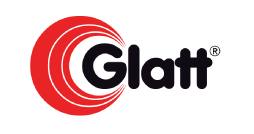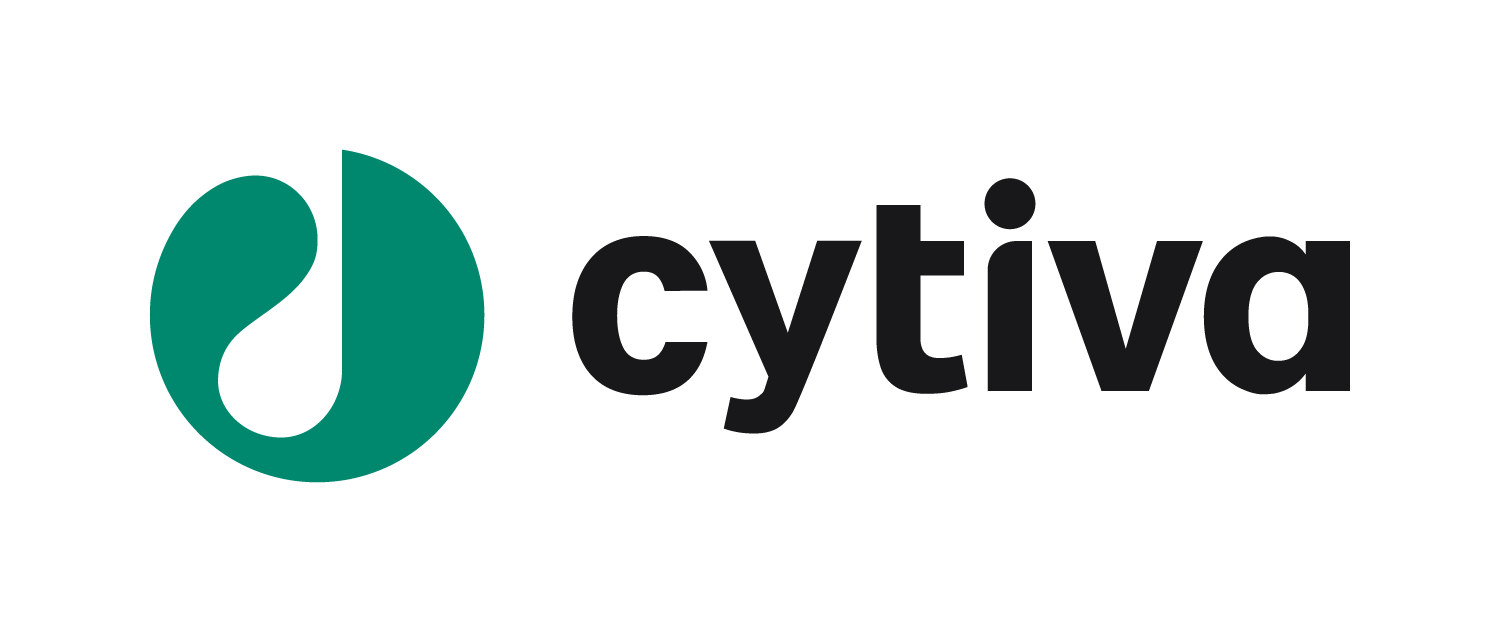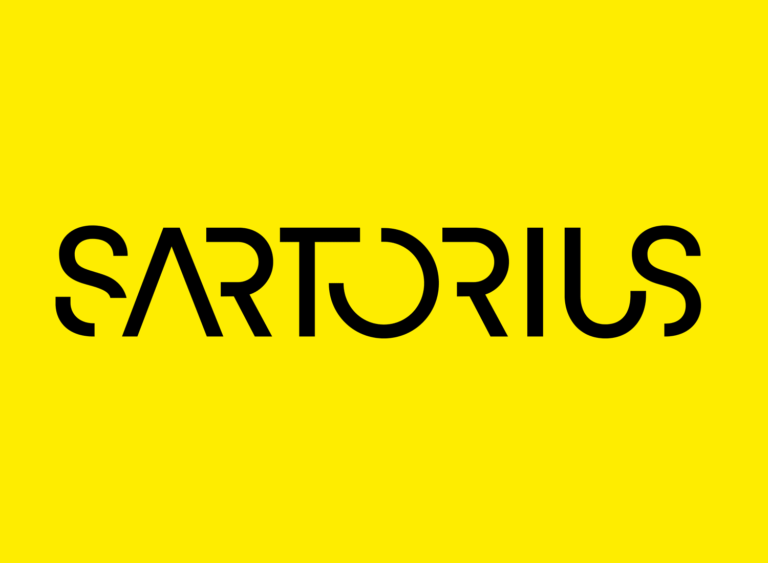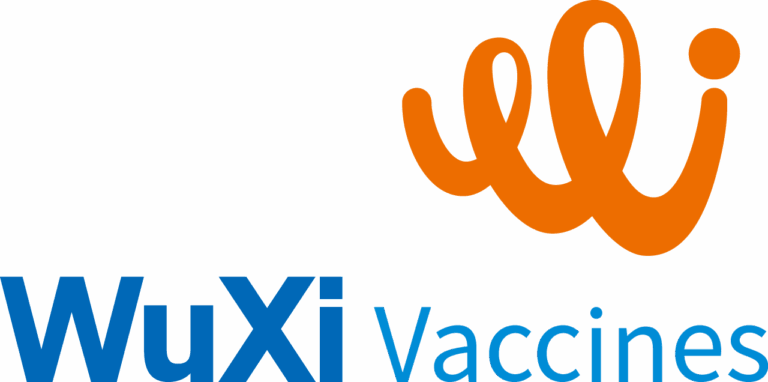The 5th edition of DCVMN’s Technology Transfer Training successfully concluded following an intensive blended programme designed to equip vaccine manufacturers in developing countries with practical, deployable skills.
Programme structure
- Virtual preparatory phase: five weeks of e-learning modules complemented by weekly trainer calls, ensuring all participants arrived on site with shared foundations and readiness for practical work.
- In-person intensive (8–13 September): hosted at Panacea Biotec’s GMP facilities and labs in India. The week featured hands-on sessions with subject-matter experts on method and process transfers, practical simulations of full technology transfer workflows, and a case study in which participant teams designed and presented comprehensive transfer plans.
Participants
Twelve participants were carefully shortlisted from DCVMN member companies, primarily drawn from Quality Assurance/Quality Control and production roles, with several from R&D. Delegates represented four WHO regions (AFRO, AMRO, EURO, SEARO). We expect participants to bring this new knowledge back to their organisations and to cascade learning more widely, amplifying the training’s impact.
Operational notes & thanks
We extend our sincere thanks to Panacea Biotec for hosting this edition and for their collaboration in delivering the programme within GMP environments. Severe rain and flooding in parts of Punjab and Himachal presented logistical challenges when sessions needed to be relocated at short notice from Baddi to Lalru. The DCVMN and Panacea teams worked seamlessly to reconfigure the agenda and venue setup so participant learning was not disrupted. Panacea’s logistics team in Chandigarh also ensured safe, comfortable transport and on-site arrangements from morning pickup through evening drop-off each day.
Why this matters
Technology transfer training is a cornerstone of sustainable vaccine equity. By developing local technical capacity and deepening expertise in transfer planning, method validation, and quality systems, these programmes reduce reliance on external supply, accelerate local production during public-health emergencies, and strengthen the long-term resilience of local vaccine ecosystems.
